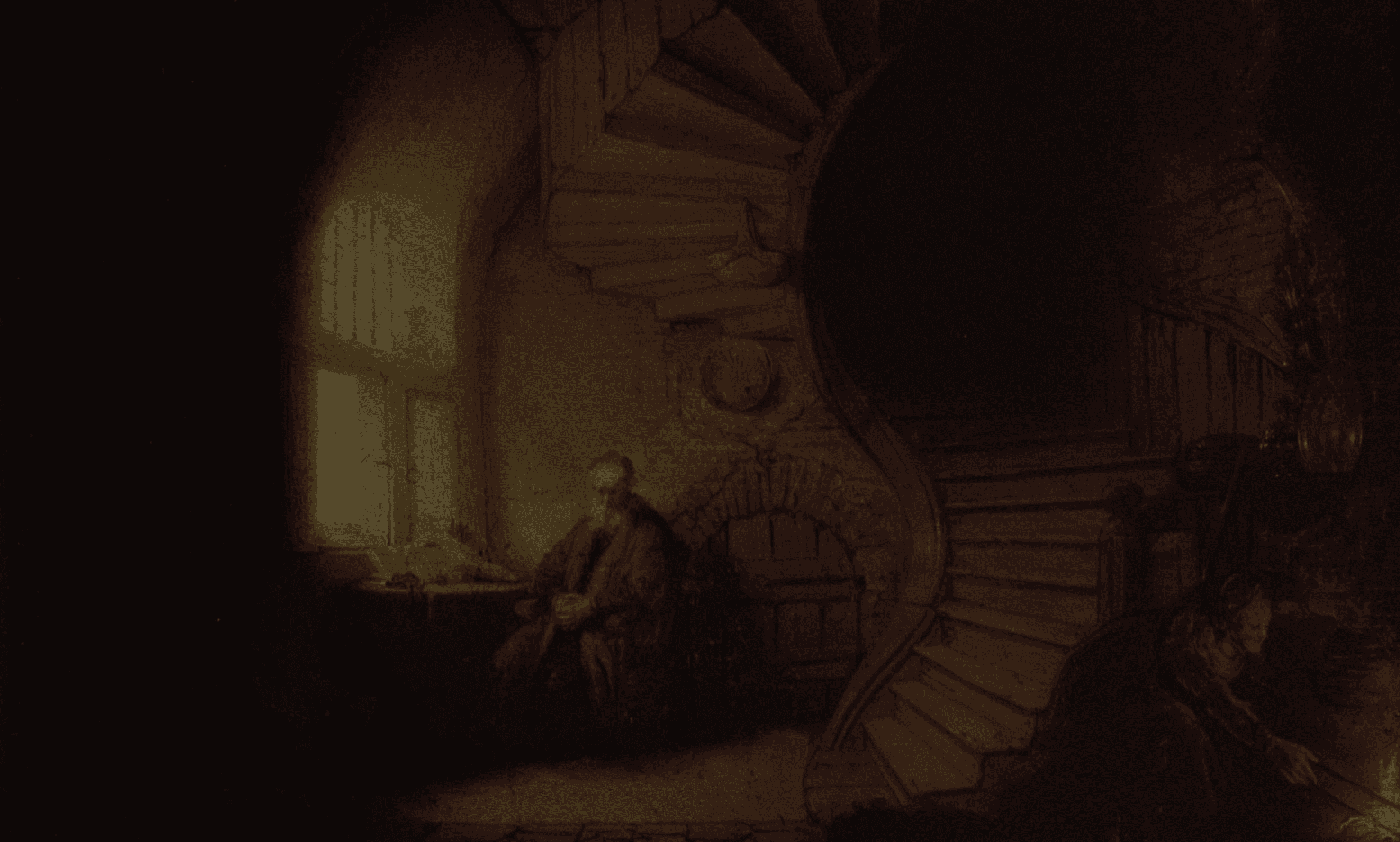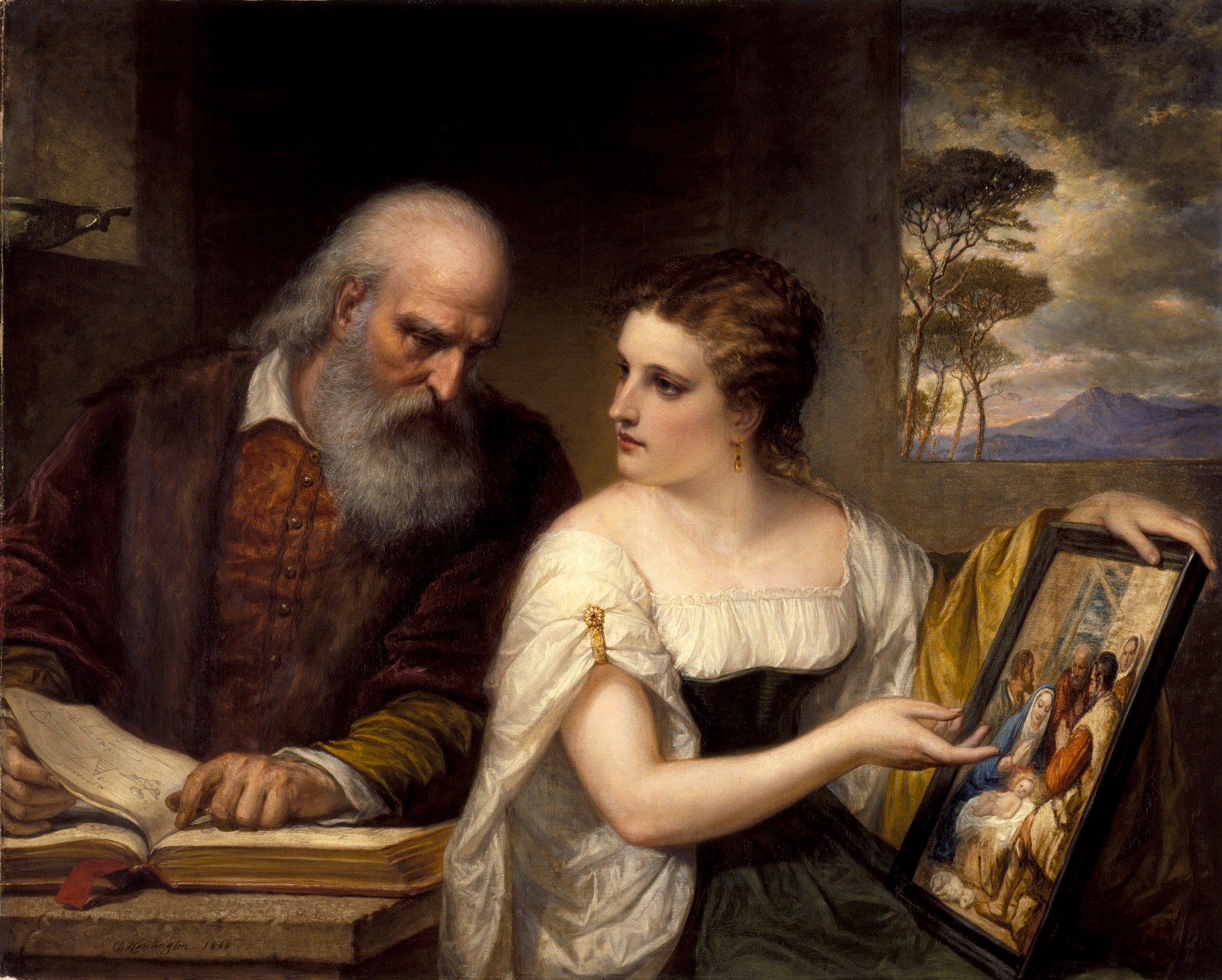
Copyright 2023 all rights reserved.
Phanos Press
P.O. Box 774
Claremont, CA 91711
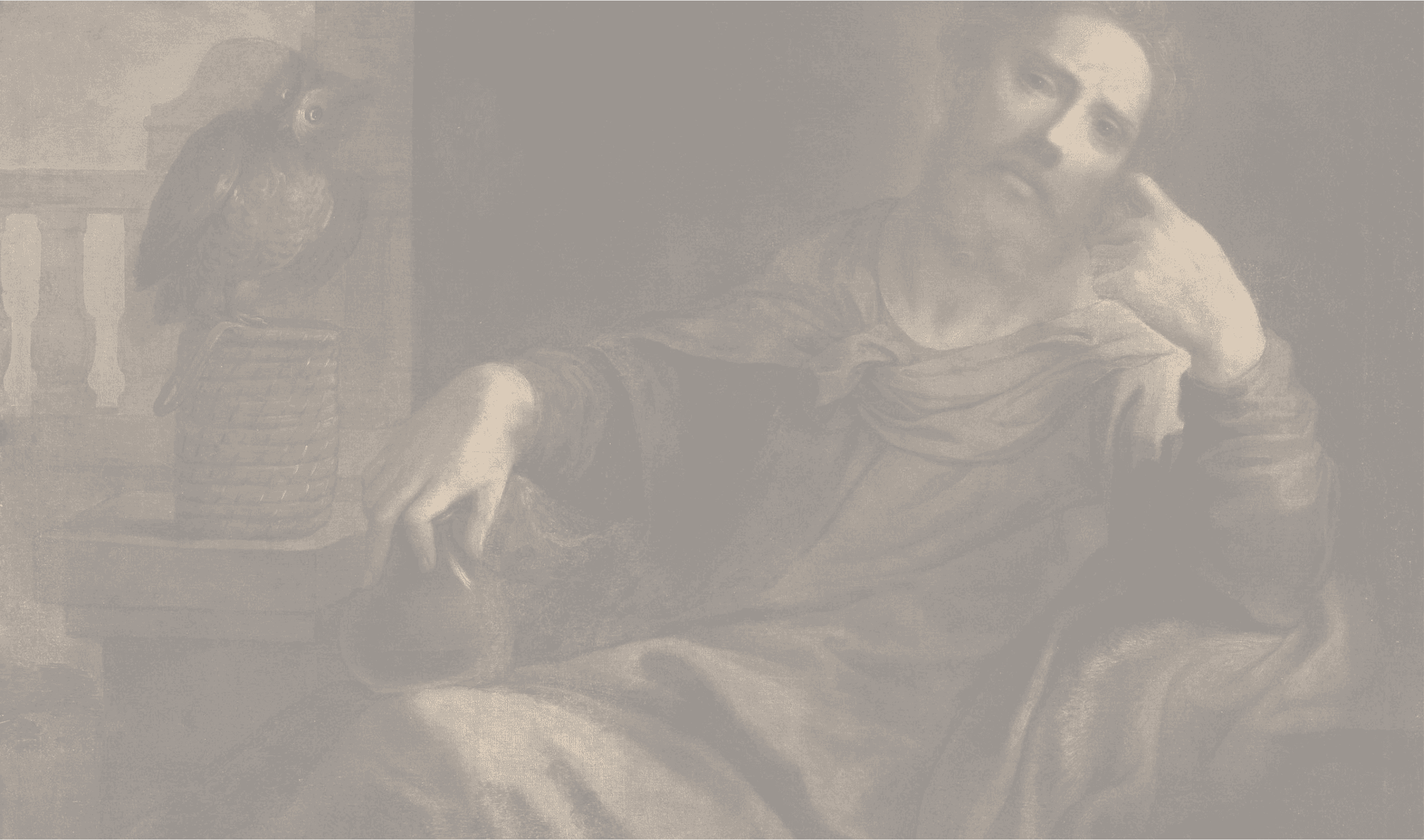

Phanos
Press
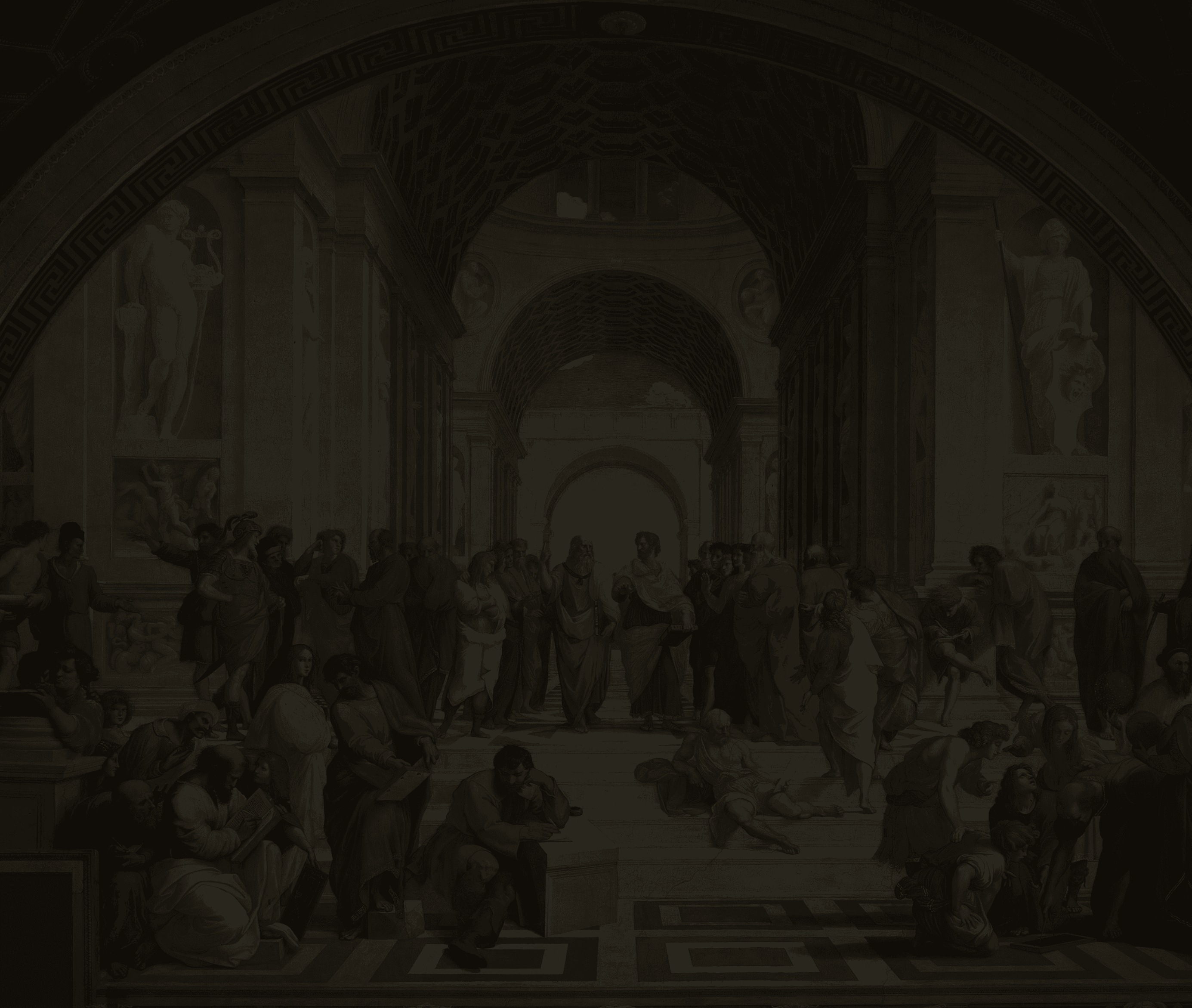
Marcello Tobia was a high school teacher of religion and philosophy for over three decades. He worked for short periods of time in Denmark and Japan as an exchange teacher. As a young man, he refused to join the military service for moral reasons and chose instead to become an educator to a group of troubled youth. He earned his Doctorate in April 2019 from the Pontifical Alfonsiana Academy, a branch of the Pontifical Lateran University in Rome with specialized orientation in Moral Theology. The topic of his doctoral dissertation was “Christian Elements in the Thought and Ethics of Albert Camus”. Previously, he wrote his Master's dissertation with Berhard Haering, and published his Religioni, Ideologie, Cultura - La Bibbia fra interpretazione e mistificazione (1993) with the publishing house Marietti.
-The Author

Camus è stato un uomo in costante ricerca: una inquietudine tutt'altro che estranea alla tradizione biblica, anzi connaturale in qualche modo alla fede stessa. Il travaglio interiore che non ha mai cercato di nascondere si presenta per lo più come una lotta contro un indefinibile quanto inaccettabile senso di colpa che si traduce in una solitaria rivolta contro Dio ed in una accusa di ingiustizia nei suoi confronti.Qualunque esito si voglia dare a questo contenzioso, il mondo resta comunque sotto il segno dell'assurdo. Per uscire da questo vicolo cieco bisogna porre la questione del senso della vita da un altro punto di vista, abbandonando l'ossessionante alternativa della colpa e dell'innocenza che, a ben vedere, nasconde solo una raffinata forma di egocentrismo. Ciò può avvenire soltanto attraverso la scoperta della dimensione comunitaria della propria esistenza e della condivisione della lotta contro il male e l'ingiustizia. Da qui la elaborazione di un'etica della solidarietà, la cui affinità all'ethos cristiano si rivela nelle parole stesse dell'Autore, da sempre affascinato dalla figura del Cristo e per questo instancabile provocatore del credente.
Elementi cristiani
nel pensiero e nell’etica di albert camus
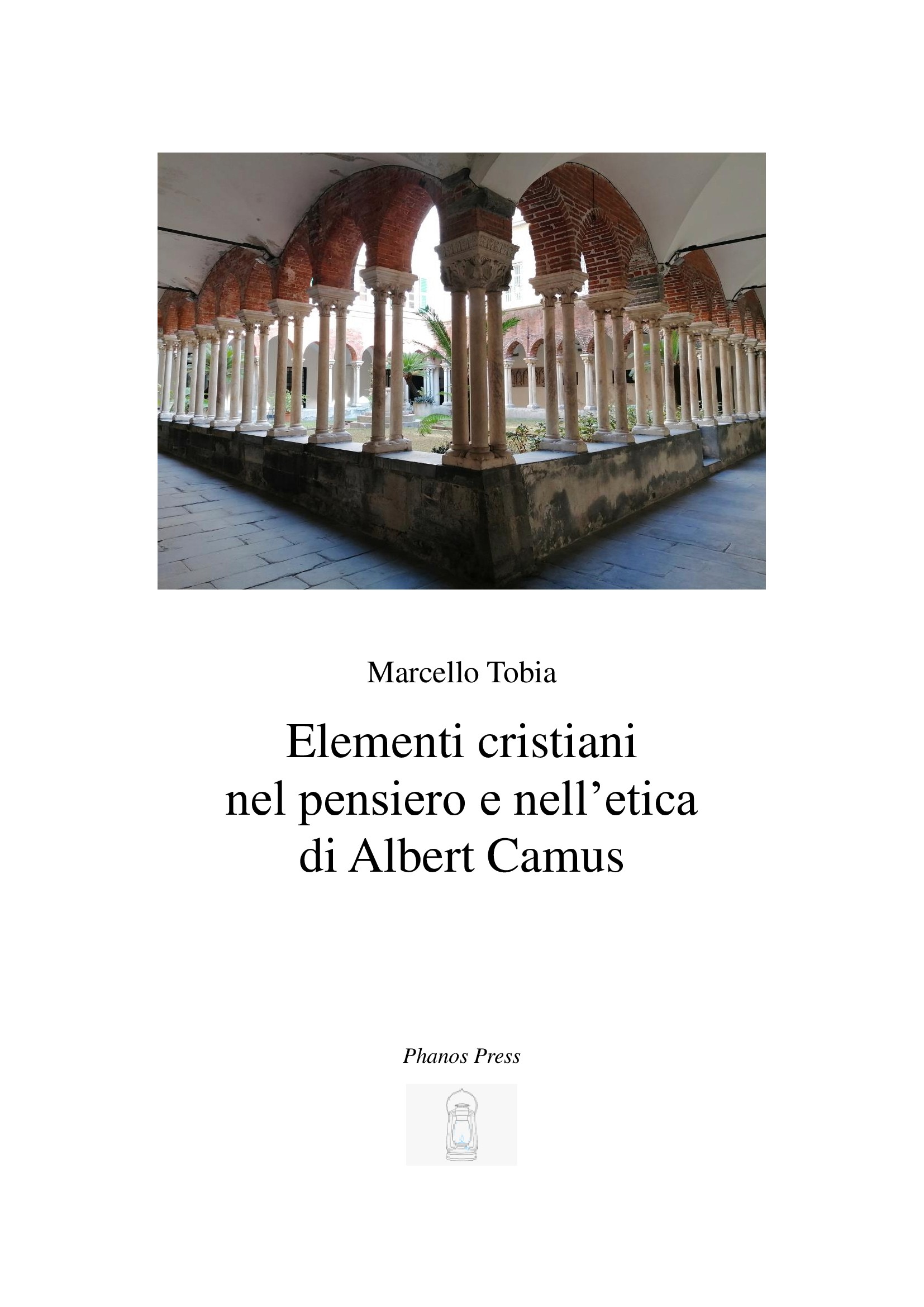
-Italian from here on-
-The Author
After studies in Ireland and Italy, with short stays in France and Germany, Samuel Wolde-Yohannes has been a philosophy professor for over 30 years at various universities and colleges in the United States and Ethiopia. Currently, he is a professor of philosophy at Mt San Antonio College in Walnut, California. He is the author of four books and many articles in academic and non-academic journals
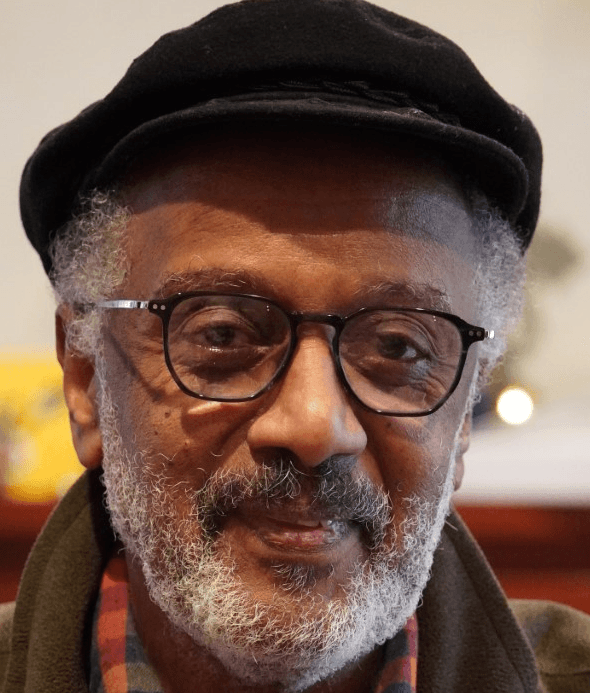
The primary objective in writing Fundamentals of Western Philosophy was to identify the foundational ideas of Western Philosophy and present them in a language and format that would be easily understood by undergraduates and the reading public. Most of the ideas proposed and explained in this book form the content of general introductory textbooks of philosophy.
However, the book introduces not only philosophers rarely treated in introductory courses but is also primarily based on the very works of the philosophers themselves. It aims indeed to relate, in as faithful a manner as possible, the main ideas of Western Philosophy and the arguments that sustain them as expounded by their main exponents and based on their most representative texts. Where possible. they are reported in a chronological order. Where it has not been feasible to do so, they have been divided first into their respective schools of thought before presenting them chronologically.
Fundamentals
of Western
philosophy
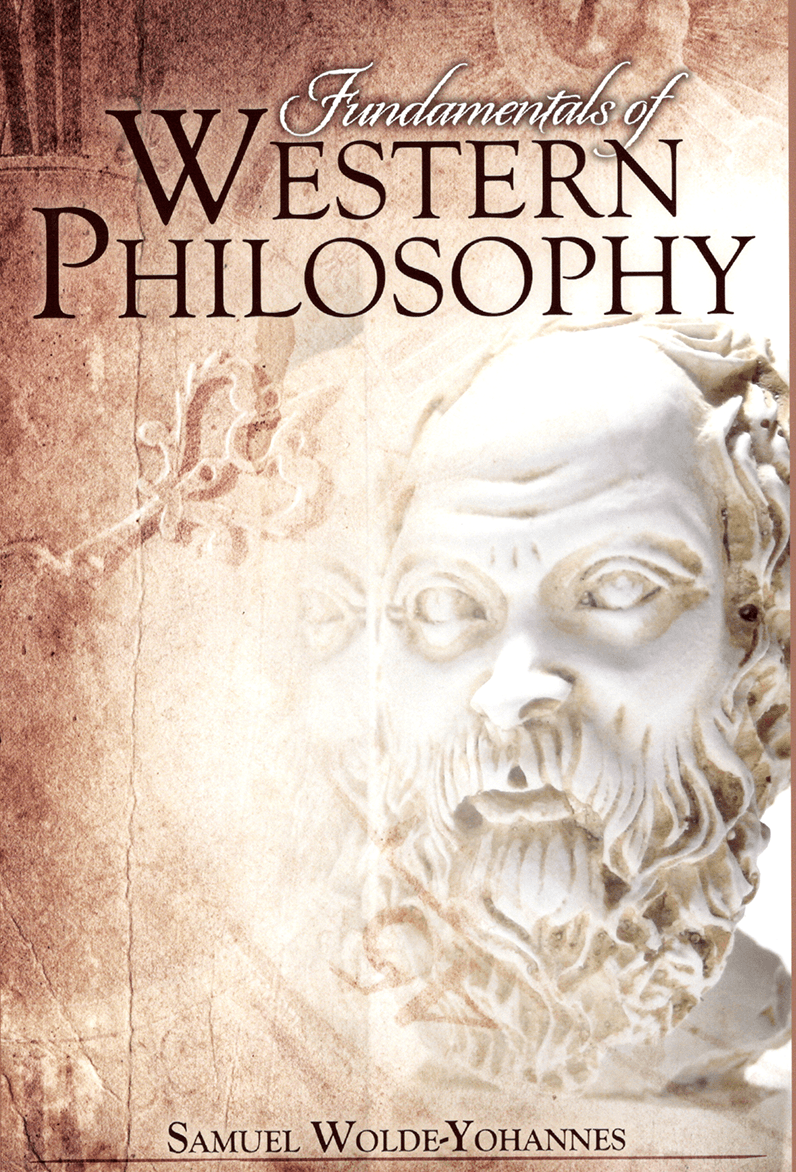
The aim of this little book is to give some background information to students who are approaching philosophy for the first time. As such, it is not intended to be an introduction to philosophy textbook, but more as a companion to a philosophy introductory course or book.
a prologue
to western
philosophy
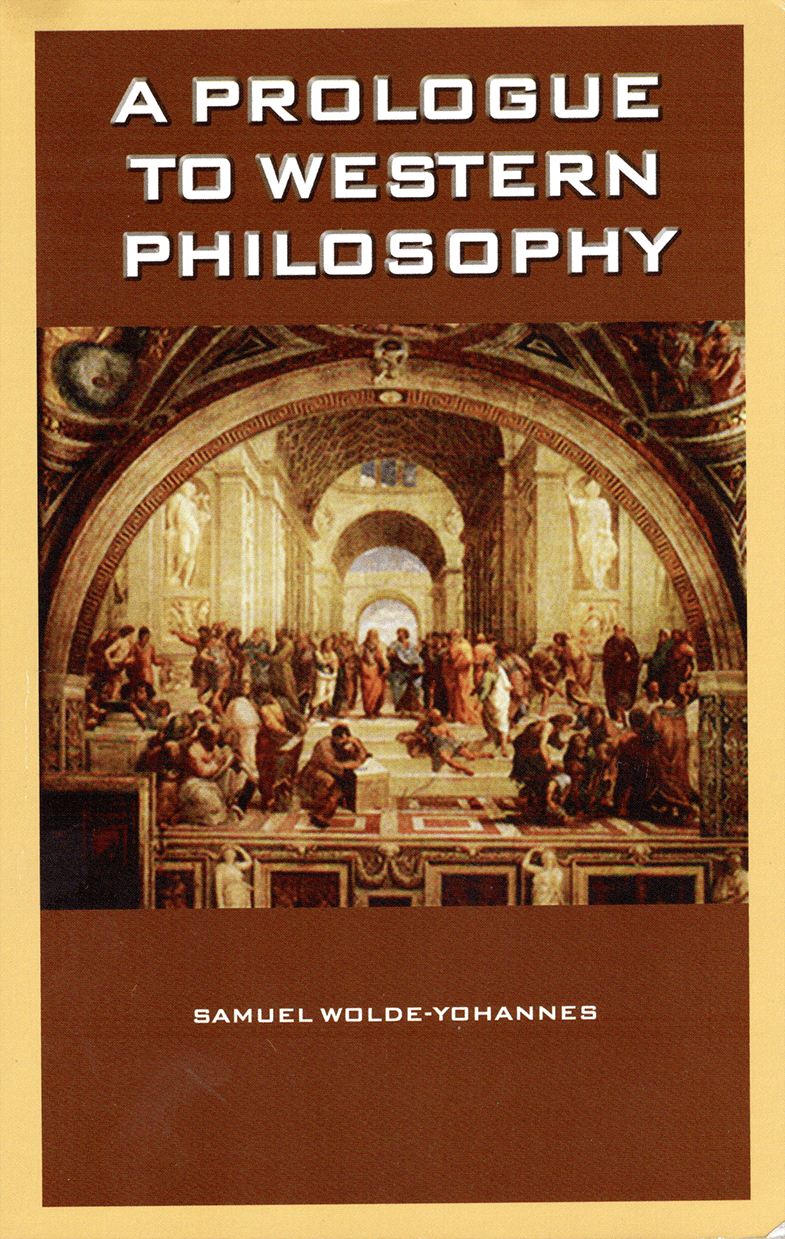
our mission
Our philosophy
Phanos Press was created to publish philosophical and theological works characterized by rigorous research and speculative depth. Its emblem reminds us of Diogenes and Nietzsche's references to the light of a lamp that cannot be hidden, but is destined to illuminate the house, which is our spirit. It intends to provide readers with tools to overcome the banality of common places in thought, spirituality and religion and help them take the less traveled road to overcome fashionable conceptions of the supernatural.

Phanos
Press
